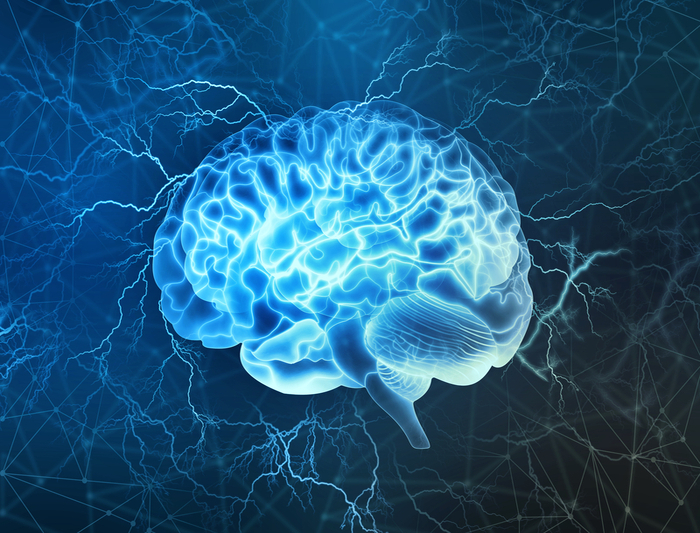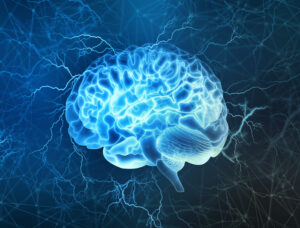
The Neurological Roots of Orgy Eating when encountering is 256 dysregulation
The Neurological we pine for and expend frequently serve as passionate Band-Aids, alleviating our tensions and giving a sense of consolation or control. But have you ever pondered what organic powers drive these dietary decisions?

It Neurological turns out that our autonomic apprehensive frameworks, the intuitive sentinels continually filtering for dangers, play a significant part. This deep-rooted observation component doesn’t recognize physical from passionate threats, so when we feel overpowered, nourishment can offer a brief desert garden, terminating off the same neural pathways as social connection.
From fling eating to prohibitive diets, numerous of our apparently silly eating designs develop as confused endeavors to self-regulate our dysregulated apprehensive systems.
Unlocking these neurological privileged insights might be key to making superior nourishment choices without having to depend upon resolve alone.
Wired for Destitute Nourishment Choices
When our anxious frameworks are dysregulated, parts of the brain ended up detached at a neurophysiological level, Sharoni Tsarafi, a clinical clinician based in South Africa, told The Age Times. This makes it troublesome for individuals to think clearly and make choices adjusted with their objectives and values when in a survival state.
The prefrontal cortex, dependable for judicious thought, tends to gotten to be disengaged, hindering get to to higher-order considering forms. Amid dysregulation, individuals regularly look for comfort or lock in in imprudent behaviors that negate their values, which can show in destitute nourishment choices, Ms. Tsarafi said.
Virtually everybody tends to make imperfect nourishment choices when encountering dysregulation, Tabitha Hume, a enlisted dietitian-nutritionist, told the Age Times
In states of uneasiness or discouragement, the brain impulses pines for substances that can boost serotonin levels, such as fast-releasing or high-glycemic file carbohydrates. These carbohydrates quickly lift blood glucose levels, provoking the brain to increment serotonin generation, in this manner actuating sentiments of calmness and control.
Eating exceedingly agreeable nourishments like those containing sugar can lessen physiological and enthusiastic push reactions, concurring to a 2016 ponder distributed in Brain Structure and Work. Members who expended 4 milliliters of 30 percent sucrose arrangement twice every day for 14 days experienced diminished enactment of the hypothalamic-pituitary-adrenocortical (HPA) pivot and lower push hormone levels in the body. In less difficult terms, eating sugary nourishments may offer assistance control the body’s push reaction and advEatingance a calmer state, which is why it may feel characteristic to reach for them when stressed.
Moderating sugar admissions is vital, but so is consolidating a reliable supply of wholesome, slow-releasing carbohydrates all through the day to keep up steady plasma blood glucose levels, agreeing to Ms. Hume.
People with uneasiness, sadness, or attention-deficit/hyperactivity clutter (ADHD), where dopamine levels may be moo, frequently float toward escalation flavorful nourishments wealthy in salt and sugar, Ms. Hume said. In any case, upon realizing that their favored nourishments may contribute to weight pick up, they may involvement uneasiness around overconsumption and hence feel compelled to force dietary restrictions.
This starting concern can quickly change into an fixation with carbohydrate or calorie reduction.
Nonetheless, such dietary confinements can accelerate a drop in blood sugar levels, driving to a comparing diminish in serotonin levels. This cascade of occasions may lay the foundation for a cycle of fling eating taken after by starvation, possibly coming full circle in conditions such as bulimia or binge-eating clutter, as per Ms. Hume’s observations.
A 2020 ponder found that patients with anorexia nervosa display an overactivation of the parasympathetic framework and a diminish in thoughtful movement.
